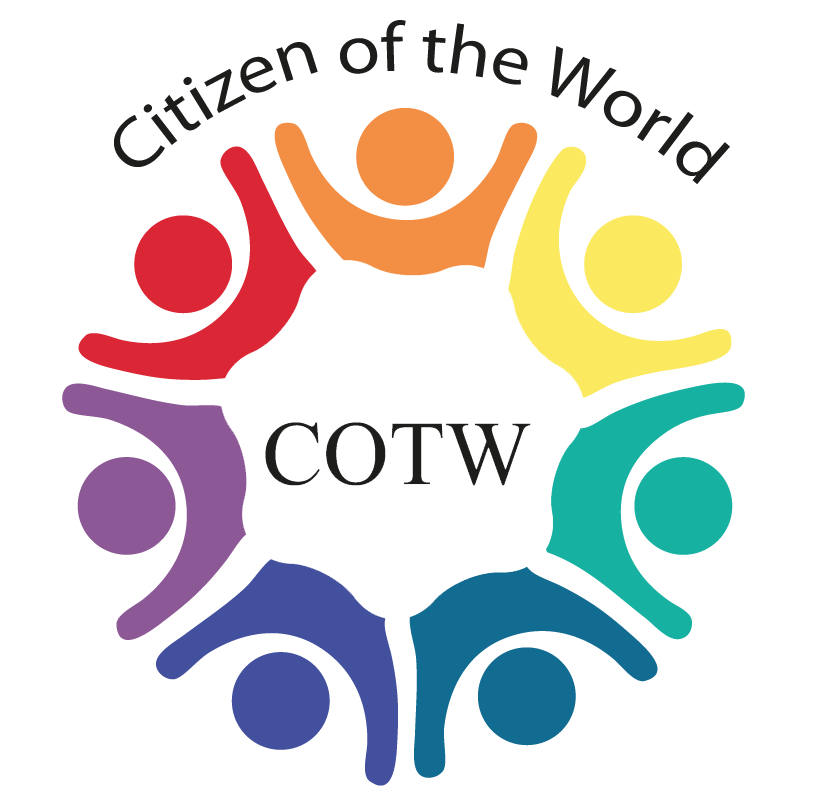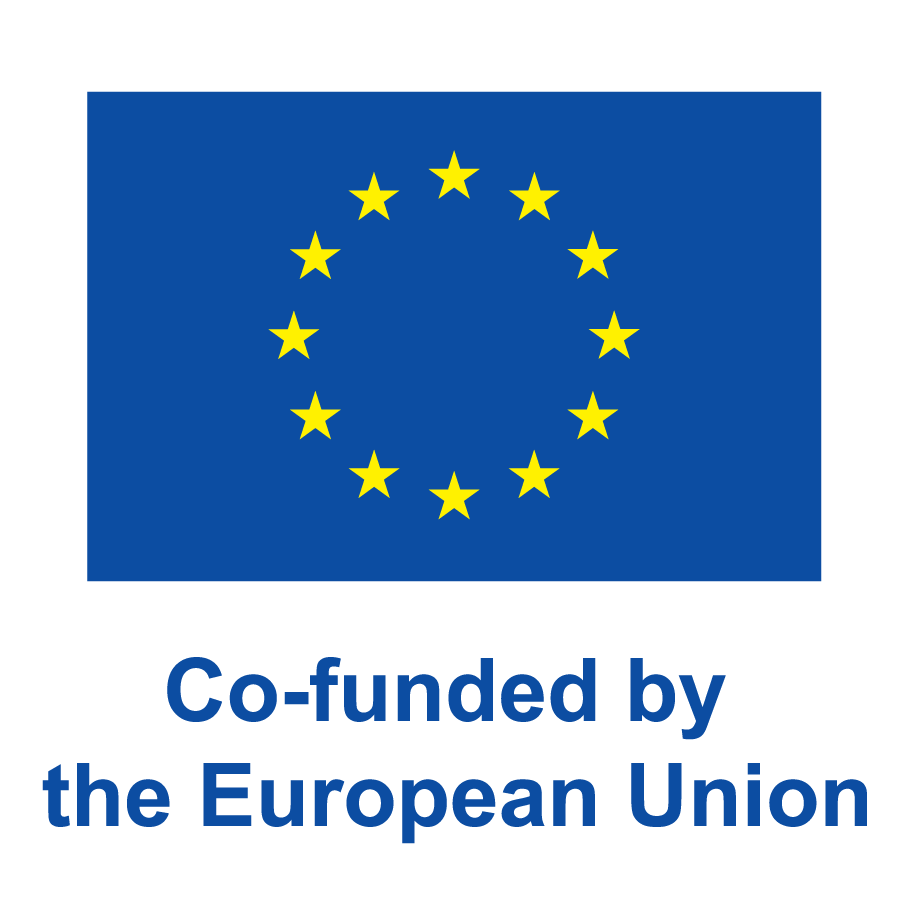Vetlanda Lärcentrum
Vetlanda Lärcentrum is a Swedish public municipal educational institute located in Vetlanda town, a rural area in southern Sweden. With a focus on the education of adult migrants it is targeted on strengthening basic skills, especially language tutoring.
Apart from regular language teaching, Vetlanda Learning Centre offers training in other areas of life, such as basic mathematics, social studies, working life, parenting and individual support. Furthermore, they extend education in close cooperation with the business and public sector with the purpose of making migrants learn Swedish while learning a profession and eventually achieve employment.
Vetlanda Lärcentrum has a wide mission and the general aim of the education is to support and stimulate adults in their learning process. The goal is to develop migrants' knowledge and skills for the purpose of strengthening their opportunities in working life as well as in social life.
VLC has a long standing experience in working with migrants and marginalized individuals. Approximately 600 individuals are studying on different levels currently. Many have short or no school background and this number tends to increase. Therefore VLC finds it fruitful to join international cooperation projects to learn new practices and ideas.
Liselott Ferrada Andersson | liselott.ferrada-andersson [at] vetlanda.se
CESIE
CESIE is a non-governmental organisation based in Palermo, Italy, founded in 2001. CESIE is committed to promote the cultural, social, educational and economic development at local, national, European and international levels.
CESIE contributes to growth and development through the active participation of people, civil society and institutions, always valuing individuals and diversity. As their vision states: “The world is only one creature.”
CESIE is a European centre of studies and initiatives, inspired by the work and theories of sociologist Danilo Dolci (1924-1997), it focuses its work on the research of social needs and challenges and the use of innovative learning approaches. In this way, CESIE actively connects research with action through the use of formal and non-formal learning methodologies.
The organisational structure is divided into 6 thematic units working in cooperation and managing activities in their specific fields: Higher Education and Research; Rights and Justice; Adult, Migration; School; Youth. Along with other institutions and organisations, CESIE is currently implementing over 120 projects in more than 80 countries.
Paula Luise Goltzsche | paula.goltzsche [at] cesie.org
Centrum demokratického vzdělávání
The Democratic Education Centre is a non-governmental organisation based in Prague, Czech republic and was established in 2016 as a reaction to the rise of xenophobia and racism in society. The goal, with the help of civic education, is to contribute to the prevention of xenophobia and racism in society and to promote social cohesion and diversity.
The DEC organises activities aiming at increasing public awareness in this area. The organisation provides educational activities for migrants, their children and the general public. These activities aim to strengthen the rapport between local communities and to motivate the migrants and refugees into learning and active participation in public and community life.
Focus is on shared activities of locals with foreigners who live in the Czech republic and have the opportunity to meet mutually with locals. Foreigners and locals get to meet, maintain friendships and learn new things about each other´s cultures through intercultural learning which has an impact on civic education and makes a difference in contemporary society.
The DEC provides educational activities, mainly Czech language courses, but also informal, experience-based activities and events, such as leisure events that facilitate active engagement in society. The main focus is to involve migrants as active participants who also lead many of the activities and develop their skills and self-confidence this way.
Šárka Paličková | sarka [at] demokraticke-vzdelavani.cz




